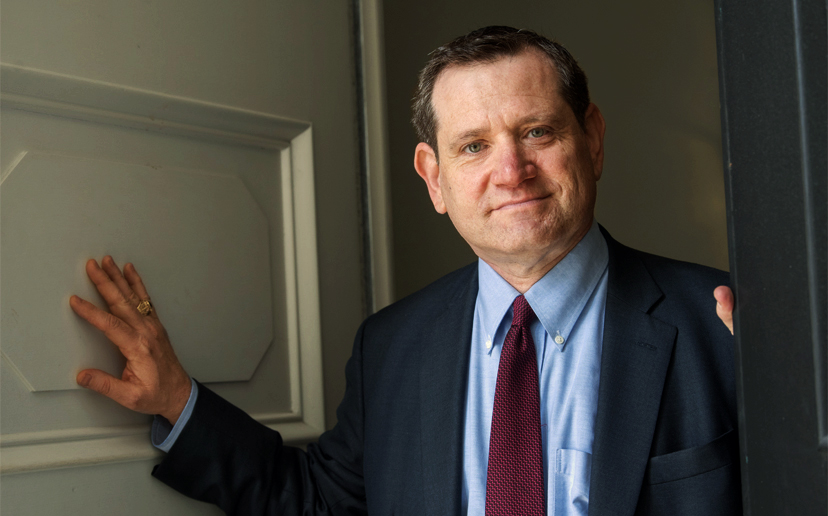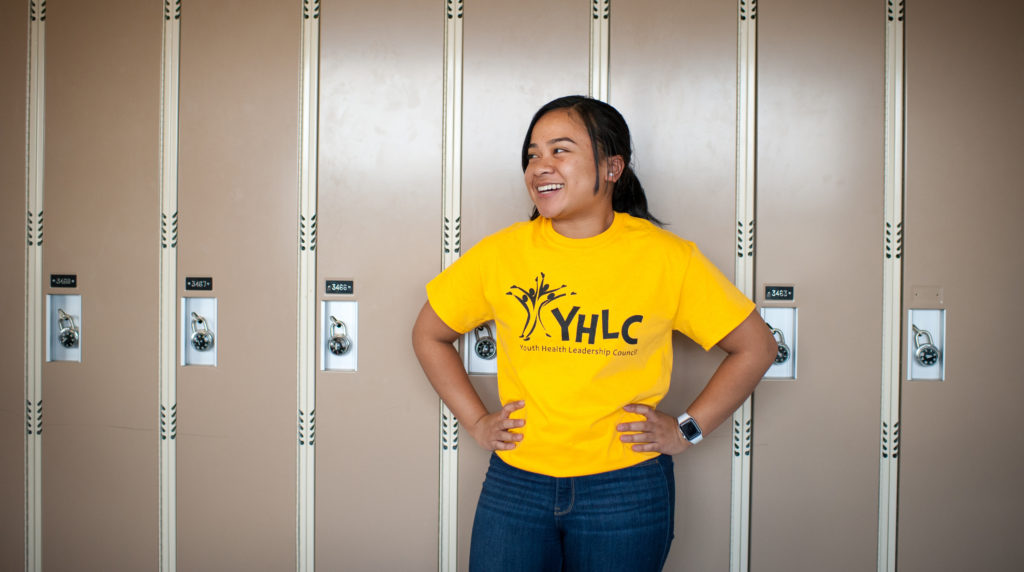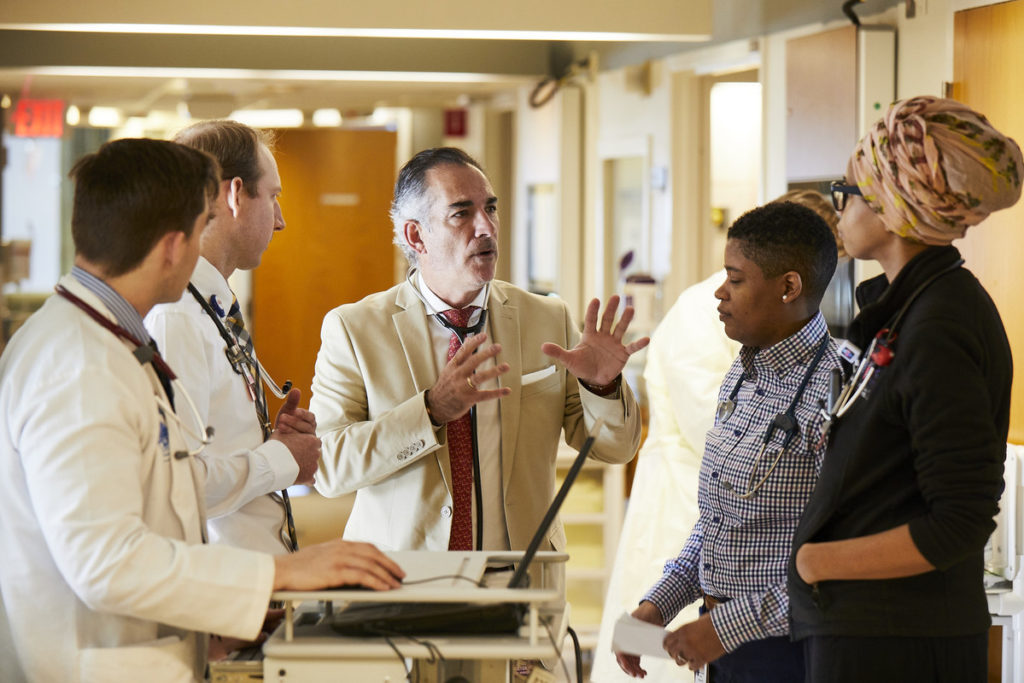James Gordon, MD, MPA, chief learning officer at Massachusetts General Hospital, shares his thoughts on how COVID-19 is directly impacting health professions education and how this field will continue to evolve post-pandemic.
“This pandemic is forcing us to fundamentally expand everyday capacity for educational collaboration across campus.”
How has COVID-19 affected Mass General’s current education activities?
Many education activities are understandably on hold given the urgent clinical needs of the hospital. The COVID-19 crisis has forced educators to focus on activities that are the most urgent and impactful. While urgent in-person training continues in a thoughtful way, all non-urgent activities, like routine lectures or standing grand rounds, are now done virtually using technologies like Zoom and WebEx. In many ways, this pandemic is forcing us to fundamentally expand everyday capacity for educational collaboration across campus.
Beyond remote conferencing, have other training venues been adapted?
Yes. Patient rounds in any teaching hospital, for example, is critical to both our care and teaching missions. The traditional “rounding team” can be quite large and includes attending doctors, nurses, residents, fellows, students and many other caregivers. However, pandemic protocols now limit in-person rounding teams to three or less individuals. As such, we have had to change the way we conduct rounds and ensure that each patient still receives the best possible care — while also maintaining the richness of bedside teaching. One remarkable collaboration is with our virtual health and tele-medicine colleagues, who are helping redesign digital conferencing tools to allow “remote” rounding for the entire clinical team.
How has training support for clinicians and educators been impacted?
Support for urgent training has to be even more nimble and responsive. For example, this pandemic has required many staff who do not typically need to wear personal protective equipment (PPE) to use it. Faculty and staff have developed video tutorials on how to properly use PPE, and posted customized care and operations protocols. In follow-up, clinicians are requesting hands-on training to practice key elements of care (like placing someone on a ventilator or inserting a deep intravenous line) while wearing full protective “gear,” so that they can adjust for key changes in routine or technique.
“I see this crisis serving as a forcing function that will reshape — and enhance — the infrastructure of our educational landscape.”
While such practice typically occurs in training areas like our Learning Laboratory, some clinical units have asked for us to deliver training manikins directly to the unit itself, where the videos can serve as a “virtual” tutor anytime of the day or night. We’re also working with our supply chain colleagues to collect any PPE deemed unsuitable for clinical use (damaged or otherwise) so trainees and staff can continue to practice in the proper equipment, but not take any valuable PPE away from the COVID-19 health care workers.
Once the pandemic is over, how will education at Mass General continue to evolve?
In the short term, I think we will see increasing synergy between digital and in-person training modalities to ensure that critical education can be most effectively provided across the entire workforce.
In the long term, I see this crisis serving as a forcing function that will reshape — and enhance — the infrastructure of our educational landscape, allowing us to more efficiently deliver and scale collaborative training. These models will allow education to be more integrated into the routine of everyday work, and oriented to ensure that time spent together is focused on the highest-yield activity. This kind of approach is modeled in the “flipped classroom” concept — now common in higher education and until now, more slowly evolving in the teaching hospital — in which basic lessons are flexibly learned outside of the formal classroom (often through digital technology), leaving in-class time for advanced discussion and application.
Are there other changes we can expect in health professions education moving forward?
At a high level, I think this experience will underscore the importance of system-wide education and its role in ensuring every-day preparedness for quality and safety across health care systems. Locally, I think it will spur more collaborations and drive more interprofessional and interdisciplinary work on campus.
To support health care education at Mass General during the COVID-19 crisis, click here to donate to our Emergency Response Fund. Your gift supports the training and redeploying of clinicians from other specialties to care for patients with COVID-19, helps protect our patients and staff with the purchase of critical personal protective equipment and supplies, and provides the training to safely use them.


